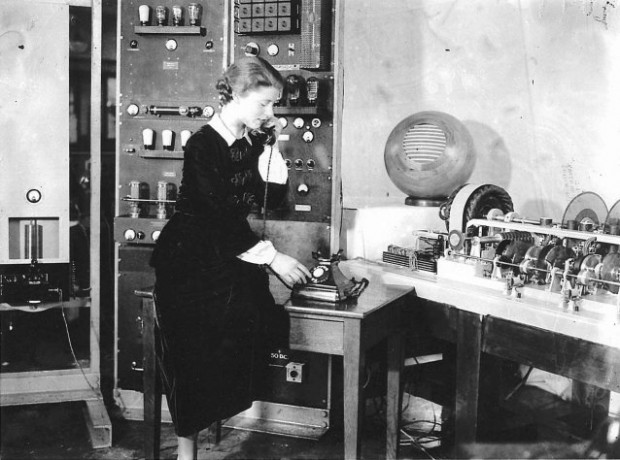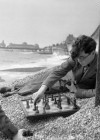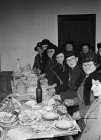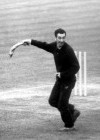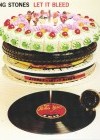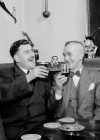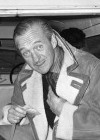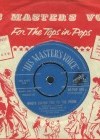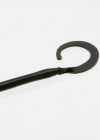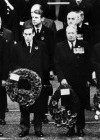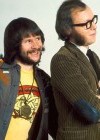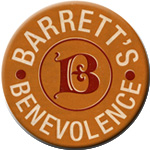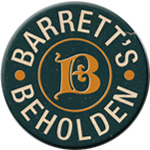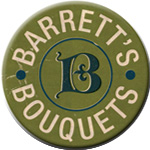Speaking clock launched
Britain’s first speaking clock, known as ‘TIM’, was inaugurated on this day in 1936. It featured the voice of Ethel Cairns, who won a competition among 15,000 other telephonists and was awarded 10 guineas. Judges included the poet laureate, the German ambassador to London, and the president of the MCC.
The service relied on an automatic audio clock, and this, as Cairns explained later, meant that the process ‘wasn't nearly as strenuous as most people seem to think’:
‘The real work was done by the engineers of the Post Office, who had a wonderful place up at Dollis Hill where they took the recordings and played about with film strip and the like. The way I recorded it was in jerks as it were. I said: “At the third stroke” (that does for all the times), and then I counted from one, two, three, four, for the hours, we even went as far as twenty-four, in case the twenty-four hour clock should need to be used, and then I said “...and ten seconds, and twenty seconds, and thirty, forty, fifty seconds”, and “o’clock” and “precisely”. The famous “precisely”. So what you hear is “At the third stroke it will be one, twenty-one and forty seconds [precisely]”.’
TIM was a great success, with 20 million calls in the first year, but not everyone was convinced. The headmistress of Roedean school described Miss Cairns’ voice as ‘unspeakably common’, and said the recordings were ‘unintelligible to the cultured ear’. Many customers believed that a real person was at the end of the line, and complained that she failed to respond when they said ‘hello’ and bid her good day. Consumer surveys revealed that others had missed the point of the service altogether. ‘It was enjoyable to begin with,’ replied one man, ‘but after a few minutes I’m afraid I became rather bored.’
The speaking clock has appeared in numerous films and songs, and has been chosen as the ‘luxury item’ by eight castaways on Desert Island Discs.
